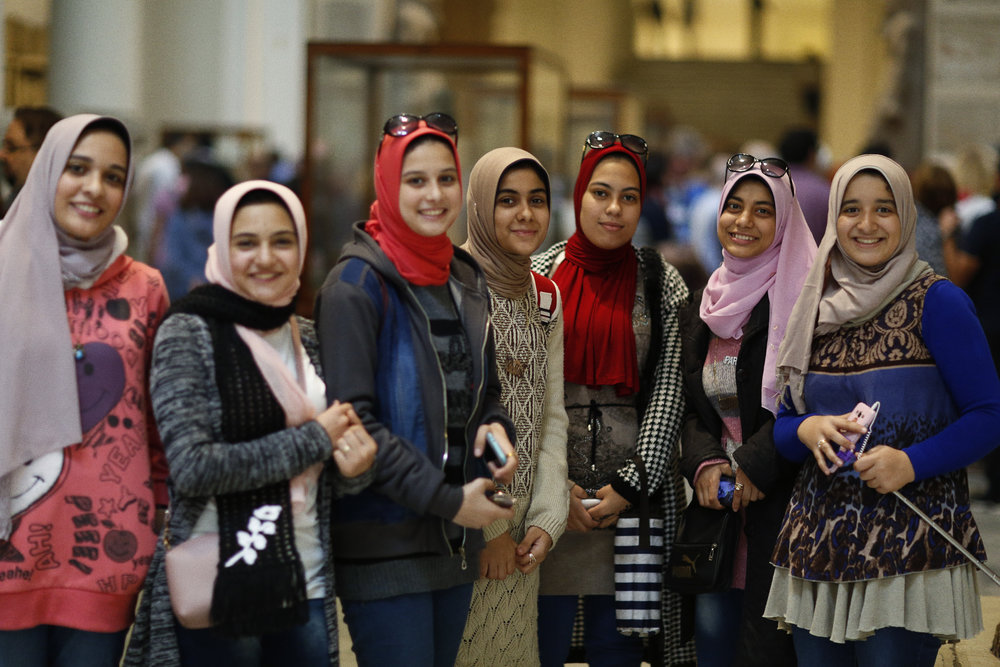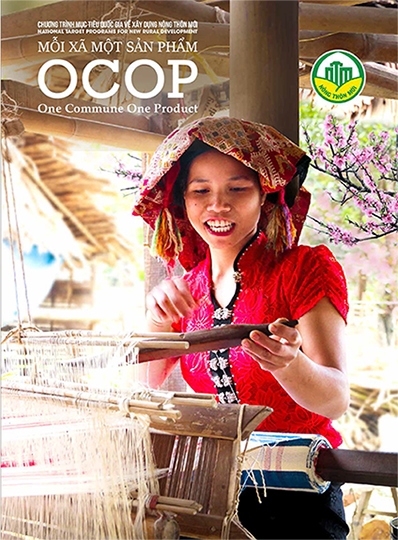The Egyptian economy relies heavily on the agriculture sector providing livelihoods to 55% of the population and directly employing about 30% of the labour force. 46% of Egypt’s female workforce is employed in agriculture[1], yet their role goes invisible. Rural women are often unable to access agricultural products or the agriculture bank as one of the requirements for loans. In addition, women’s working conditions and the benefits they receive are not equal to those offered to men. Many women report verbal and sexual abuse as well as diseases from exposure to harmful pesticides and chemicals.
As a response, UN Women Egypt Country Office reached out to 590 women and around 2,950 extended family members to provide them with tailored finance, training, production tools and business development support. For this, UN Women focused on one village that is known for one product and grouped women in productive clusters to run their own business independently. In 2015, OVOP has developed four clusters in four governorates: the dairy cluster in Beni Suef, artichoke cluster in Beheira, papyrus cluster in Menofia, and handmade carpets cluster in Sharkia.
These interventions have boasted the livelihood of the targeted women producers and provided them with opportunities for economic advancement. It has also built the capacity of five micro-finance NGOs to provide continuous access to finance and to open markets to rural women, beyond their immediate channels that are mainly restricted to men.
[1] World Development Report, 2012
Source: https://egypt.unwomen.org/one-village---one-product




